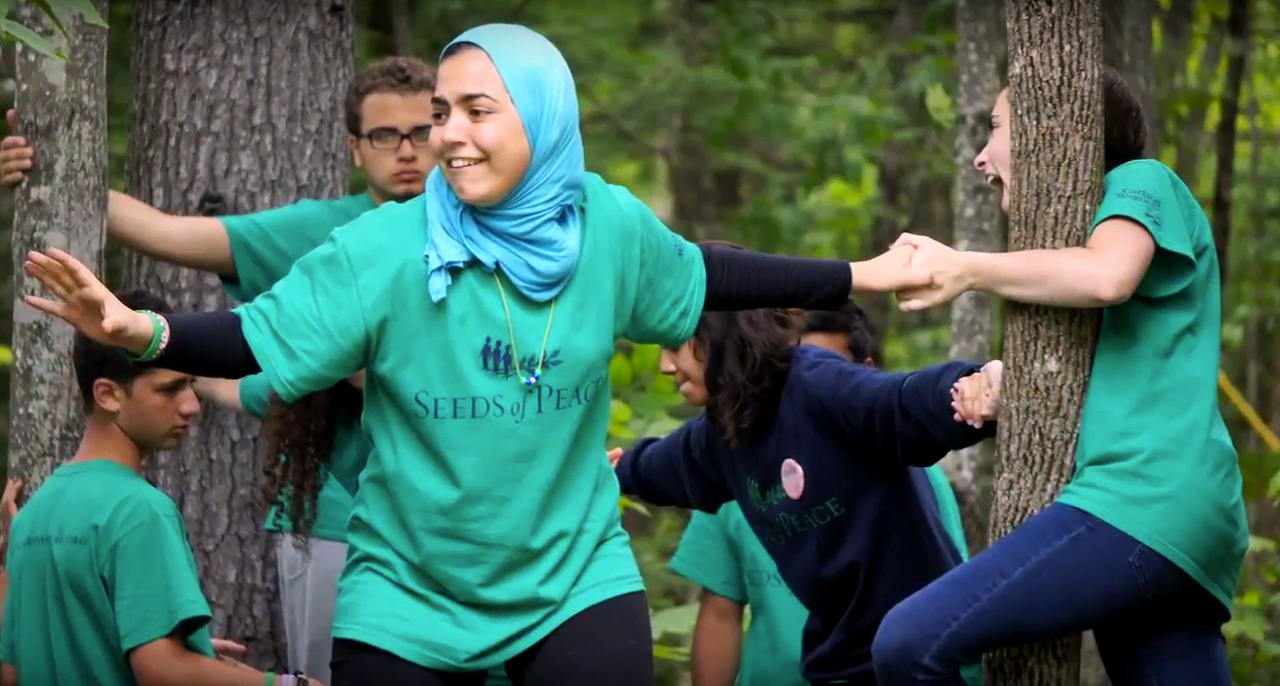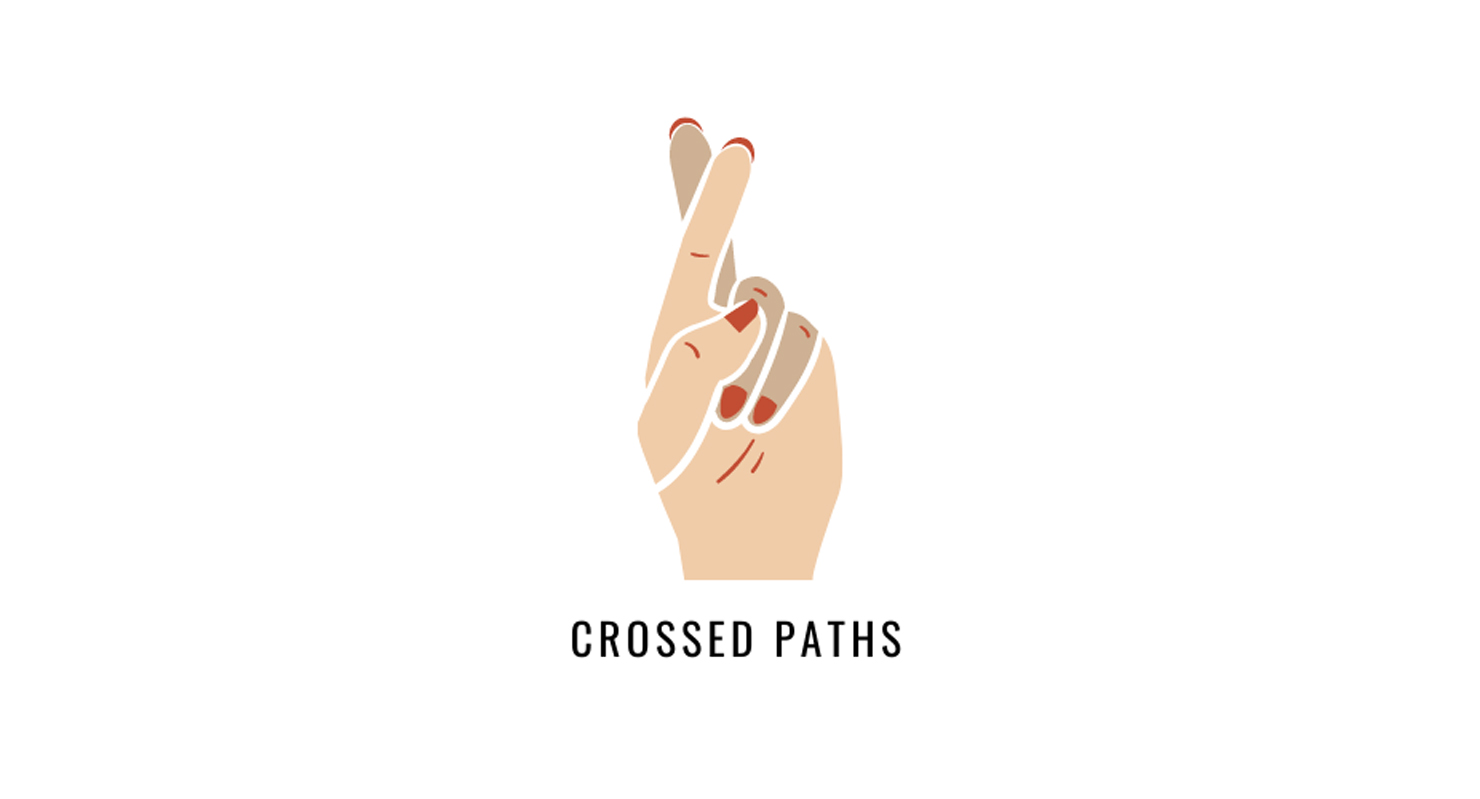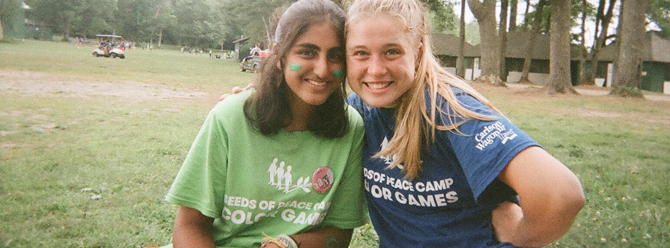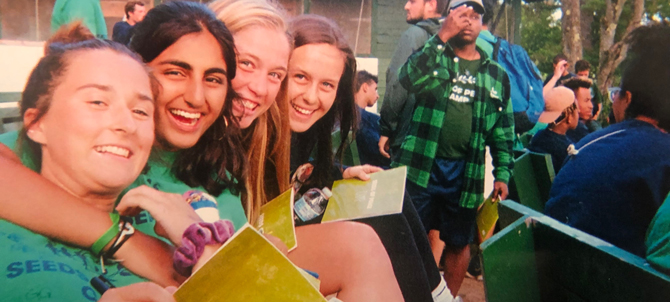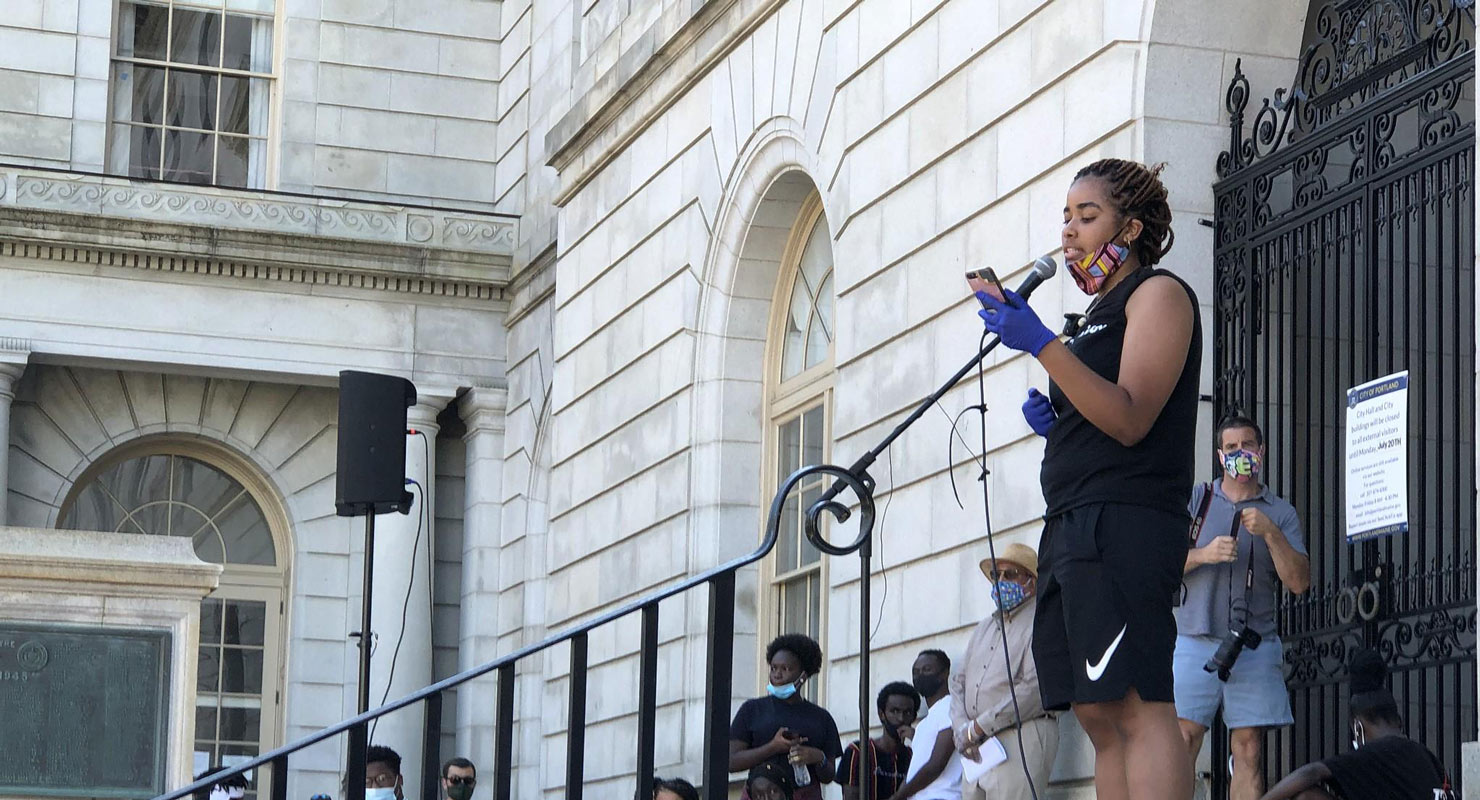BY OLIVIA JUNG | PHILADELPHIA Two Penn students are trying to bridge the gap between the West and the Middle East—from their dorm rooms.
A group founded by College and Wharton sophomores Corey Metzman and Jacob Blumenfeld-Gantz, Dorm Room Diplomacy aims to cultivate mutual understanding between the two cultures.
The group plans to attain this goal in part by coupling Penn students with college students in the Middle East for discussion. For this, partnerships with the University of Jordan, among other schools, have already been established. In this bimodal relationship, students will engage in active dialogues using online technologies such as Skype.
“The media does not cover every type of issue that occurs in the Middle East,” Metzman explained. To help remedy the disconnect, DRD plans to create an unbiased framework for conversations, not only to foster a rapport but also to educate both parties.
These dialogues also develop an “interesting cultural connection, to talk to someone who has grown up from an entirely different world,” Gantz added.
While traveling and studying in Israel, Jordan and Egypt, Metzman had the chance to personally interact with native Israelis and Palestinians. This allowed him to “really see them as people” rather than some figures in the news, he explained.
Similarly, Gantz attended Seeds of Peace, a camp that brings together American and Middle Eastern youths in Maine. He described the experience as “eye-opening,” as he was able to hear and learn about many personal narratives relevant to the conflicting regions.
Both Metzman and Gantz emphasized that they want to “make such opportunities more available” on campus, especially for those who are unable to study abroad or lack access to such personal narratives firsthand.
“We don’t think that [dialogues are] the solution to any of the issues in the Middle East, but we do think that it is a necessary component,” Metzman said, “like a piece in a puzzle.”
In addition to arranging the structure for real-time communication, DRD intends to provide forums to “discuss the undiscussable” and bring in guest speakers.
Another branch of DRD is Digital Diplomacy, a medium for mentorship rather than political dialogues.
Through this program, high-school students in the West Bank are paired with Penn students to learn more about the college experience in the U.S., which tends to be vastly different from that in the Middle East.
The newly founded club is currently in the process of forming its executive board. It is looking for students from all kinds of backgrounds with differing views, explained Gantz, so that “conversations and dialogues are richer and can solidify the club’s reputation so that it does not fall under any type of ideological framework.”


